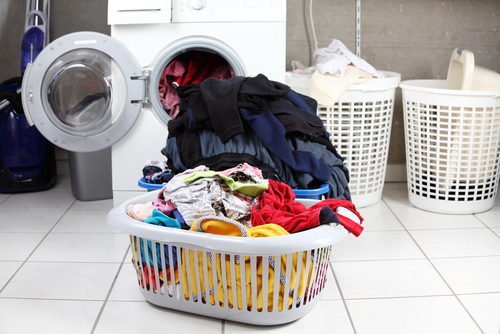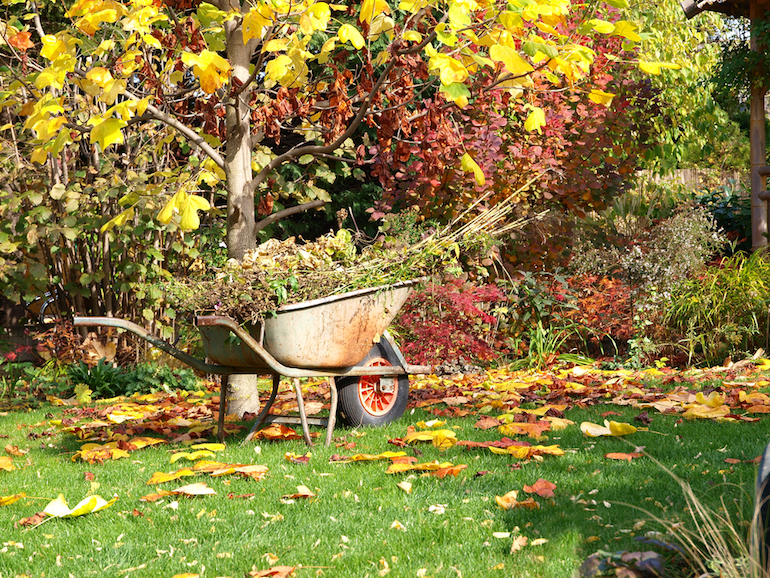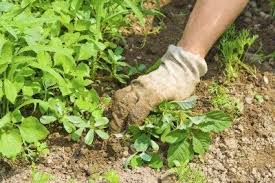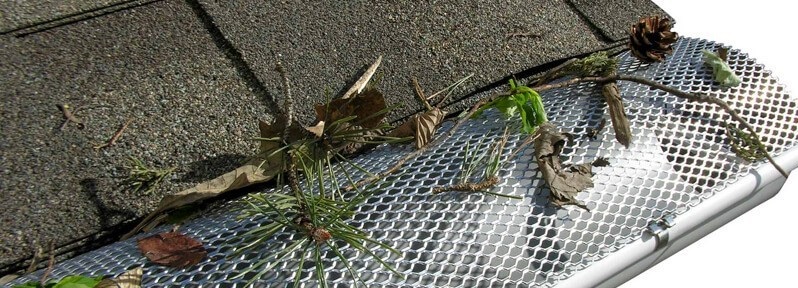Laundry Mistakes You Could Be Making!

Laundry. For some, the word causes some dread, for others, it’s just another job, and for the rest--well, it seems as if they went to a laundry boot camp! With so many different washers and products available, it’s easy to think that the machine will take care of everything, but that’s not always the case. Are you making any of these mistakes?
-
Load size is important when you’re choosing your wash cycle and amount of detergent. Too many clothes and they won’t get clean and adding too much detergent can cause the clothes to have more stains and residue. The Spruce tells you how to figure out how much laundry your washer tub can hold.
-
HE machines are just that--high efficiency. They use less water and energy, but too much detergent can cause the machine to sense the extra suds and begin a second rinse cycle. That’s not very efficient.
-
Using fabric softener for all types of clothing isn’t necessary. Athletic wear doesn’t benefit from the agents in the softener and defeats the purpose of moisture-wicking fibers. Hang those to dry. Towels will be just as soft without softener and dried in the dryer.
-
Letting stains dry is never a good idea. Sure, we have powerful stain-fighters easily accessible, but not every stain comes out. The American Cleaning Institute Stain Removal Guide has a solution for almost every stain under the sun!
-
Hand washing labels are there for a reason: those items need gentle treatment. If you don’t have time to soak and swish those pieces in the sink, use a garment bag and the delicate cycle on your machine, and air or hang to dry.
-
Leaving zippers down can cause distress to the zipper and break them. On the other hand, washing a shirt left buttoned up is more likely to lose those buttons because of the pull on the fabric.
-
Extra bleach sounds like a great idea when items are especially dirty, but it will cause the fabric to yellow and break down much faster. Use the recommended amount on the bottle.
-
The high heat setting should not be your default drying cycle. Save that cycle for towels and whites. Clothes may take longer on the low heat cycle, but the lower temperature helps save your clothes from fading and shrinkage.
Don’t forget to keep your dryer running smoothly by cleaning the lint screen after every load you dry. Change your way of thinking about doing laundry--instead of a job, it’s a process! It may add a few minutes to this chore, but you’ll benefit in longer-lasting clothes and less energy use, saving money in the end.
Courtesy of New Castle County DE Realtors Tucker Robbins and Carol Arnott Robbins.
Photo credit: sd-appliancerepair.com














